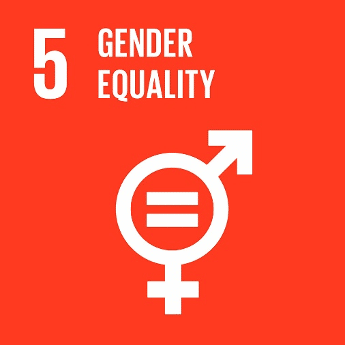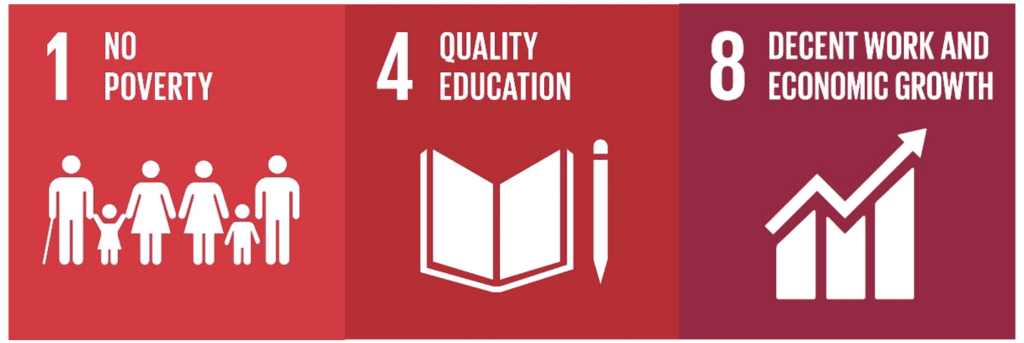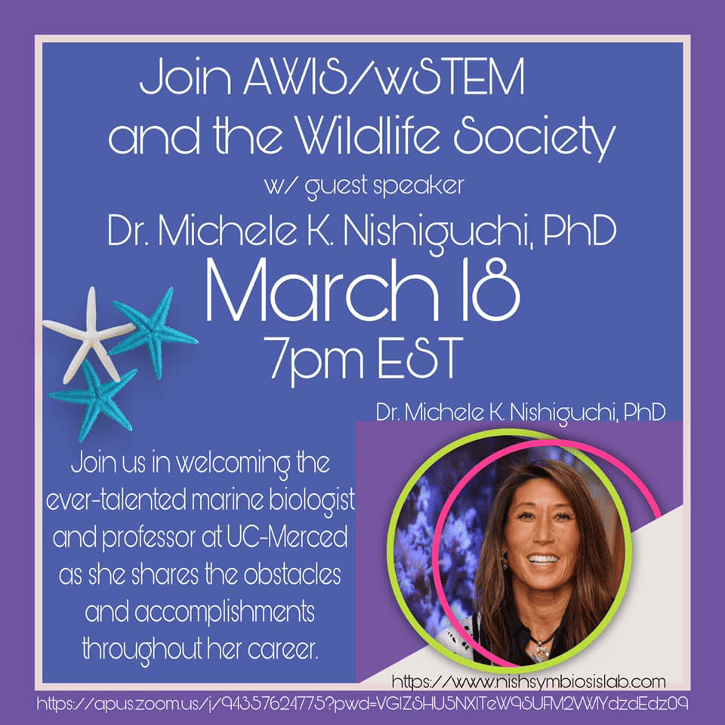By Dr. Kristin Drexler
Faculty Member, School of STEM
Author’s note: This article is part of an ongoing series on planetary sustainability. This series will examine socioecological systems — ecological and human factors — of sustainable Earth from the macro-view, using the United Nations global Sustainable Development Goals (SDGs) and other tools to better understand the complex whole of Earth sustainability and local applications for planetary protection.
March is Women’s History Month! Officially recognized by presidential proclamation by President Jimmy Carter in 1980, March has been dedicated to women’s contributions in U.S. history. Gender equality is also #5 in the list of the United Nations (UN) Sustainable Development Goals.
Start a degree program in environmental science at American Public University. |
What Role Does Gender Equality Play in Achieving Planetary Sustainability?

Gender equality means equal rights, opportunities, and access for all genders and without discrimination. According to the United Nations (UN), gender equality is “not only a fundamental human right, but a necessary foundation for a peaceful, prosperous and sustainable world.”
How does gender equality relate to planetary sustainability? In a United Nations Development Program report, there are several ways that advancing gender equality in all societies is critical to our progress in achieving sustainable development, including:
- Promoting economic growth and productivity
- Reducing poverty and enhancing human capital through health and education
- Attaining food security
- Addressing climate change impacts and strengthening resilience to disasters
- Ensuring more peaceful and inclusive communities
Some victories in gender equality reported by the UN have been that more girls are going to school (i.e., fewer young women are forced into early marriage), more women are in leadership positions and more laws are being reformed to advance gender equality than ever before.
However, there are still many challenges, including discriminatory laws and social norms which keep females underrepresented. According to the UN report, one of every five women between 15 and 49 years of age reports physical or sexual violence by a partner.
Also, nearly 60% of women work in the informal economy, which has a higher risk of poverty. According to the UN, COVID-19 has reversed progress on gender equality by exacerbating existing inequalities, economic and health insecurity, and domestic violence.
Gender Equality: Connections to Poverty, Education and Economic Growth
Gender equality is directly linked to alleviating poverty, increasing education and improving economic growth in communities. Did you know that the single most impactful intervention which can lift whole families and communities out of poverty is promoting and increasing female education?
Why? According to the Borgen Project, female education directly impacts and improves health, female empowerment, and employment. And when women earn incomes, they are more likely to invest back into their families and communities. By promoting education for women, SDGs 1 (No Poverty) 4 (Quality Education) and 8 (Decent Work and Economic Growth) are subsequently improved.

A UNDP report states that gender equality has four components: “(i) ensuring equal rights, capabilities and access to resources and opportunities by both women and men; (ii) strengthening women’s agency, or ability, to make choices and decisions and act upon them; (iii) eliminating gender-based violence and discrimination; (iv) transforming power relations at all levels of society—from individuals and households to institutions and structures. This approach to gender equality recognizes that women are not inherently vulnerable but are rather the agents of transformative change.” In addition, gender equality can be a “catalytic policy intervention that triggers positive multiplier effects across the spectrum of development.”
COVID-19 Recovery by Promoting Gender Equality
The United Nations website notes: “Women are not only the hardest hit by the pandemic; they are also the backbone of recovery in communities.” Putting women at the center of COVID-19 recovery efforts is necessary for socioeconomic health and for the development of families, communities, and nations. The UN website also notes that women will “fundamentally drive better and more sustainable development outcomes for all, support a more rapid recovery and place the world back on a footing to achieve the Sustainable Development Goals.”
Celebrating Women’s Contribution to Science
The university celebrates women’s contributions to science in several ways, including student chapters and academic and professional conferences. This month, student organizations Association for Women in Science (AWIS) and Women in STEM (wSTEM) will host a Zoom chapter meeting with special guest speaker Dr. Michele Nishiguchi, a professor and marine biologist at University of California-Merced. Dr. Nishiguchi is a world expert on squid and will discuss her career, her research, and her advice for young scientists who want to pursue a future in this field.

The wSTEM-AWIS chapter meeting with Dr. Nishiguchi is March 18 at 7 p.m. EST. All AMU/APU students, alumni and university staff are welcome to join; a special invitation goes to current members of AWIS, wSTEM, and The Wildlife Society. More information is available at the wSTEM website.
About the Author
Dr. Kristin Drexler is a full-time faculty member in the Space and Earth Studies Programs. She teaches geography, environmental science, earth system history and conservation of natural resources for the School of STEM. She earned her Ph.D. in educational leadership at New Mexico State University by researching socioecological systems, sustainable agroecology and community education. She earned her Master of Arts in international affairs with an emphasis in natural resources management from Ohio University.
Kristin has conducted numerous community surveys in Belize regarding agroforestry, conservation and sustainable agriculture. Until she became a full-time instructor with APU in 2009, she was an environmental scientist in New Mexico, conducting field biology surveys and environmental impact analyses. Drexler founded the Belize Field School Program at NMSU, coordinating short courses in Belize in wildlife, agroforestry, marine ecology, and documentary film (2006-2014) and produced an award-winning short film, “Yochi” in 2017 about youth conservation and action against poaching and illegal wildlife trade. In the late 1990s, she served as a Peace Corps volunteer in Belize. She co-founded and serves on the board of directors of Full Basket Belize, a U.S. nonprofit that provides high school scholarships and community grants in Belize. Kristin serves as a faculty advisor for the university’s wSTEM and AWIS chapters.

Comments are closed.